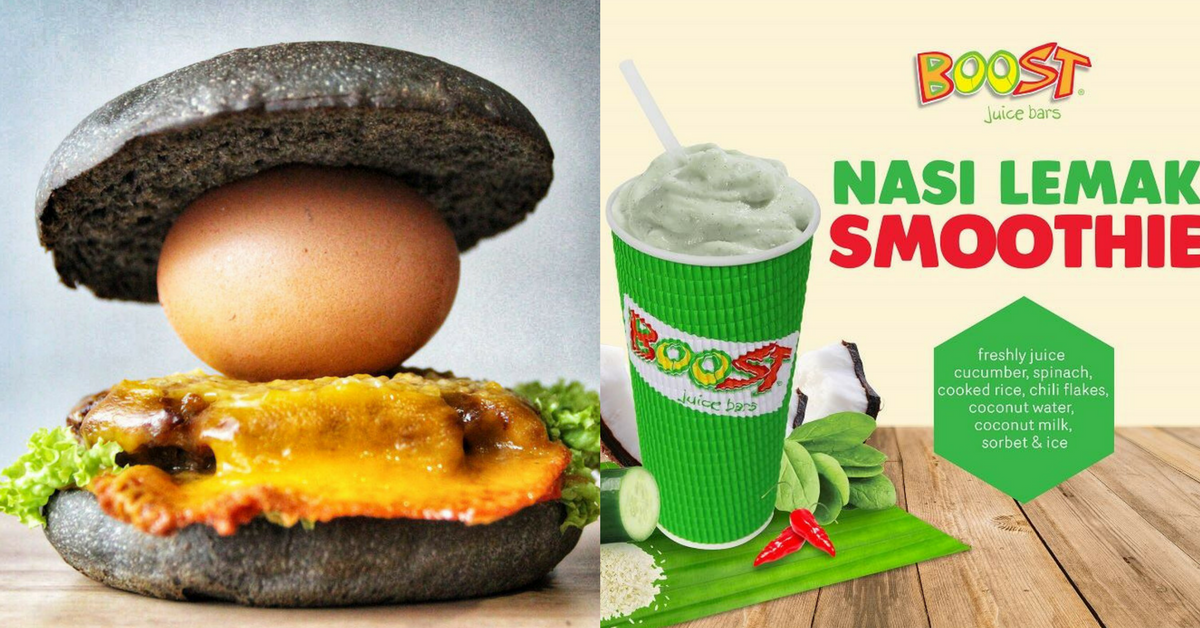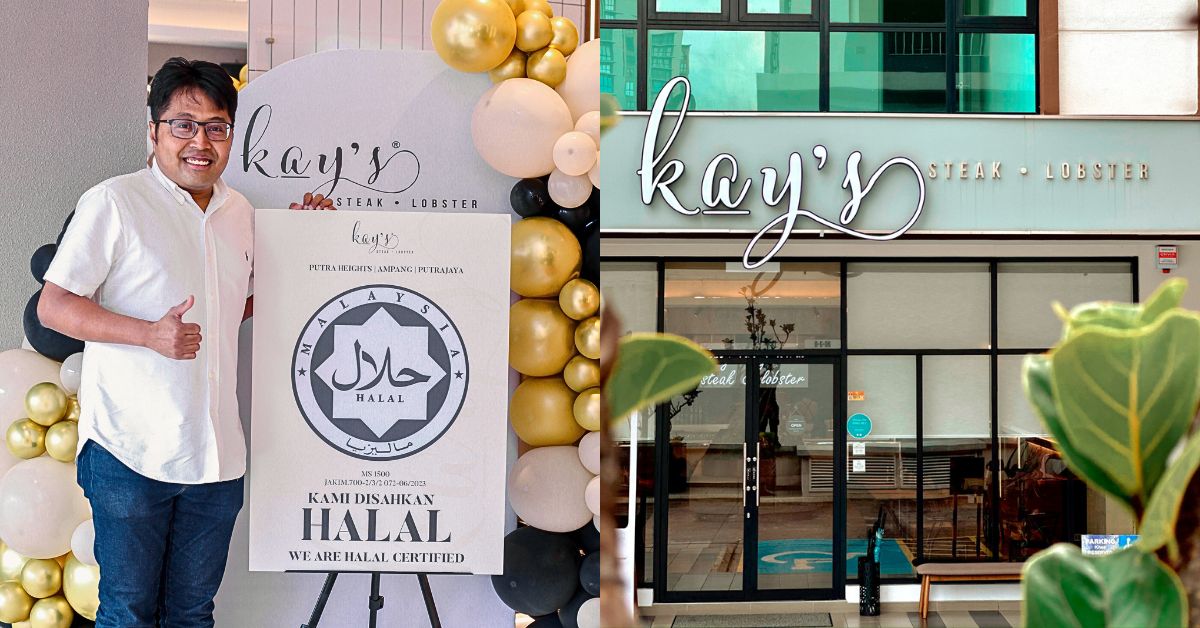- Every April 1st, brands online have been attempting to prank their consumers. Some are clearly jokes, but others were intended to fool their customers.
- We decided to run a small poll to see if comsumers actually like these campaigns.
- Most of them are annoyed by it, but there are still 38% that liked it, who are exactly the target audience for these campaigns.
I hate April Fool’s.
When I was a kid, it used to be a fun way to mess with your friends and have a good laugh, but in my current life, April Fool’s has turned into an excuse for brands to try and “prank” their customers as a transparent marketing gimmick.
These pranks are always predictable, and no one really believes them. In Malaysia, they usually feature some form of “nasi lemak”, “teh tarik” or “durian” because of localisation (and because they in fact, seem to work).
Personally, I thought Inside Scoop’s little April Fool’s jape was quirky. “Dairy free” and “fat-free” for sure. My only mistake was assuming that it was ice, instead of Aloe Vera gel.

But I admit this is all down to my own personal taste and sense of humour, which made me wonder: what does the everyday consumer think of these April Fool’s pranks?
I took my curiosity to Facebook Poll, and here’s how my friends responded:
Admittedly, this is an average of 50 respondents, and hardly scientific. But the results do show that my friends at least agree with me: more than half of us are sick of unoriginal April Fool’s marketing campaigns masquerading as “jokes”.
Here’s what respondents have said about these pranks.




Seems pretty negative so far, but here’s the thing:
There is still the 38% that do like this type of marketing.
Almost 40% of the population is a lot of people to market to, even if you’re only thinking of Klang Valley.
To my chagrin, this means that the April Fool’s gimmick will never stop. Because if brands can craft an amazing April Fool’s copy—even if it only hits this 38%—then that can be considered a successful social media campaign.
As proof of concept, the Boost Nasi Lemak smoothie April Fool’s joke received 2,256 shares and more than 3,000 likes, as opposed to their usual posts that don’t even break more than 100 likes on Facebook.
Here’s how brands can mitigate risk from the more ‘serious’ pranks.
There are pranks that are clearly fake, like Fave’s “technology” that allows you to taste the food by licking your phone.
But what about ones like Inside Scoop’s Glass Gelato, or this one by Jobbie Nut Butter?
Even if Jobbie Nut Butter’s “closing down” was fake, customers still got a buy one free one out of the deal. Meanwhile, Inside Scoop gave 20% off for customers who came in asking for a Glass Gelato.
Although these businesses were getting into the spirit of things and attempting to prank their customers, at the end of the day, customers still got something out of it. That probably makes the campaigns more acceptable and relevant to consumer.
And here’s the cold hard truth.
Just earlier today, my fellow writers and I sat down to discuss the campaigns that we’ve seen over the weekend, from the Nasi Lemak Juices, to sausage-flavoured Durex (they haven’t admitted that this is a prank, but don’t bet money that it isn’t).
Despite your love or hate for them, these types of posts and campaigns still get mouths talking about them, and it doesn’t really matter if these conversations are positive or negative—it makes us remember them.
In two weeks time, none of us are going to recall their April Fool’s pranks. And yet, their already familiar brands will linger in our heads, fresher and with a stronger impression.
And when the time comes that we’re craving ice cream, or burgers, or other things to put into our mouths, who are we going to recall first?
- But let’s take this questionnaire to the next level: how do you feel about brands doing April Fool’s pranks?
Feature Image Credit: Compilation of MyBurgerLab and Boost











